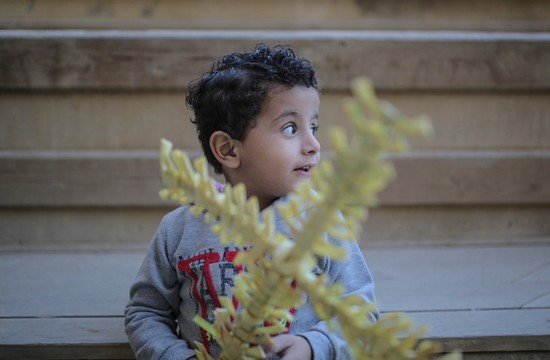New law replaces the 1934 legislation that made the construction of new churches subject to ten conditions.
A young member of the Coptic community at the Samaan el-Kharaz church in Cairo. (Photo by MOSA’AB ELSHAMY/AP)
President Abdel Fatteh al Sissi’s Egyptian government legalized more than 100 Christian churches – 111 to be precise – in March this year.
This makes a total of 984 centers of Christian worship centers that have been legalized, restored or built over the last three years.
Law of August 2016
A new law on worship dating from August 2016 provides the framework for the process of legalizing and authorizing the building of new churches.
Egypt’s Coptic Orthodox Church gave its backing to the new law following months of tension with the al Sissi government. The new law replaced 1934 legislation that made the construction of new churches subject to ten conditions.
According to the old rules, building a church – in contrast to a mosque – required compliance with numerous conditions relating to the distance from schools, canals, government buildings, railways and residential zones.
Moreover, even when authorization to build was obtained, a project often remained in suspense if it failed obtain the consent of local communities.
In many cases, the rigid application of the rules prevented the building of churches in cities and villages inhabited by Christians, particularly in rural areas in Upper Egypt.
It also led to the spontaneous establishment of places of worship without the necessary authorizations.
Discrimination continues
As a result, Christians were regularly suspected of building churches without permits. The Coptic Orthodox Church has long hoped that a new law would put an end to these conflict situations.
Islamist groups often made use of these situations to attack Christians with greater or lesser virulence and sometimes carry out their threats.
Meanwhile, the Egyptian Initiative for Individual Rights, a local human rights organization, published a report in November 2018 that strongly criticized the 2016 law governing the building of churches.
The report concluded that 15 Christian worship centers had experienced incidents and nine of these had been definitively closed between September 2017 and October 2018.
Government aims to win over Coptic community
The Copts are one of the largest Christian communities in the Middle East, making up 8 to 10% of the Egyptian population, i.e. 8 million people.
Often targeted by the local branch of ISIS, the Coptic minority also receives significant attention from President al Sissi whose authoritarianism is subject to regular criticism.
Nevertheless, the Egyptian president has sought to present himself as the defender of the Coptic Church, often promising support to the community.
Thus, in January, he attended Coptic Christmas celebrations and the inauguration of the new Cathedral of the Nativity on the site of the new Egyptian administrative capital, which is currently under construction in the desert near Cairo.






